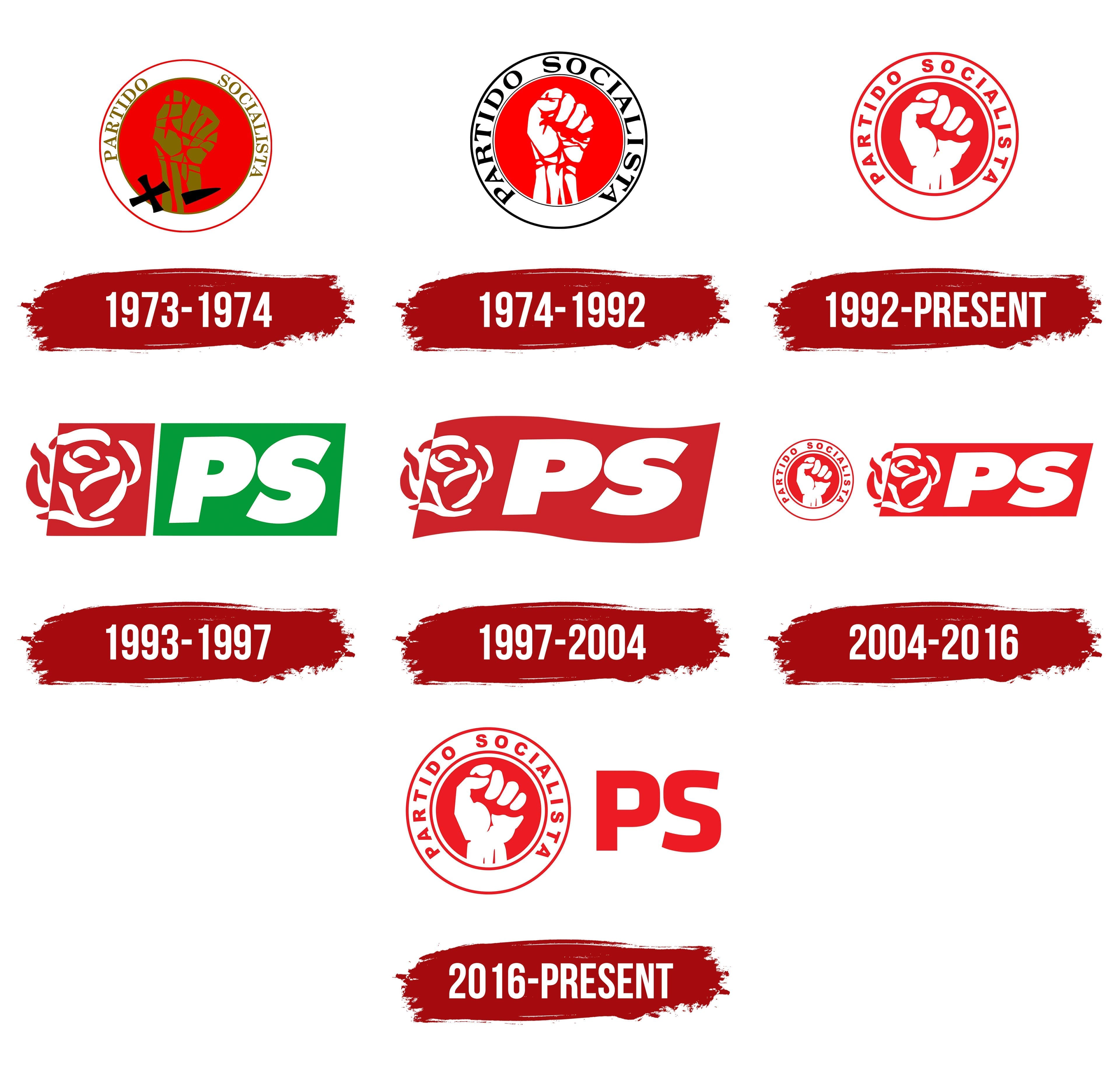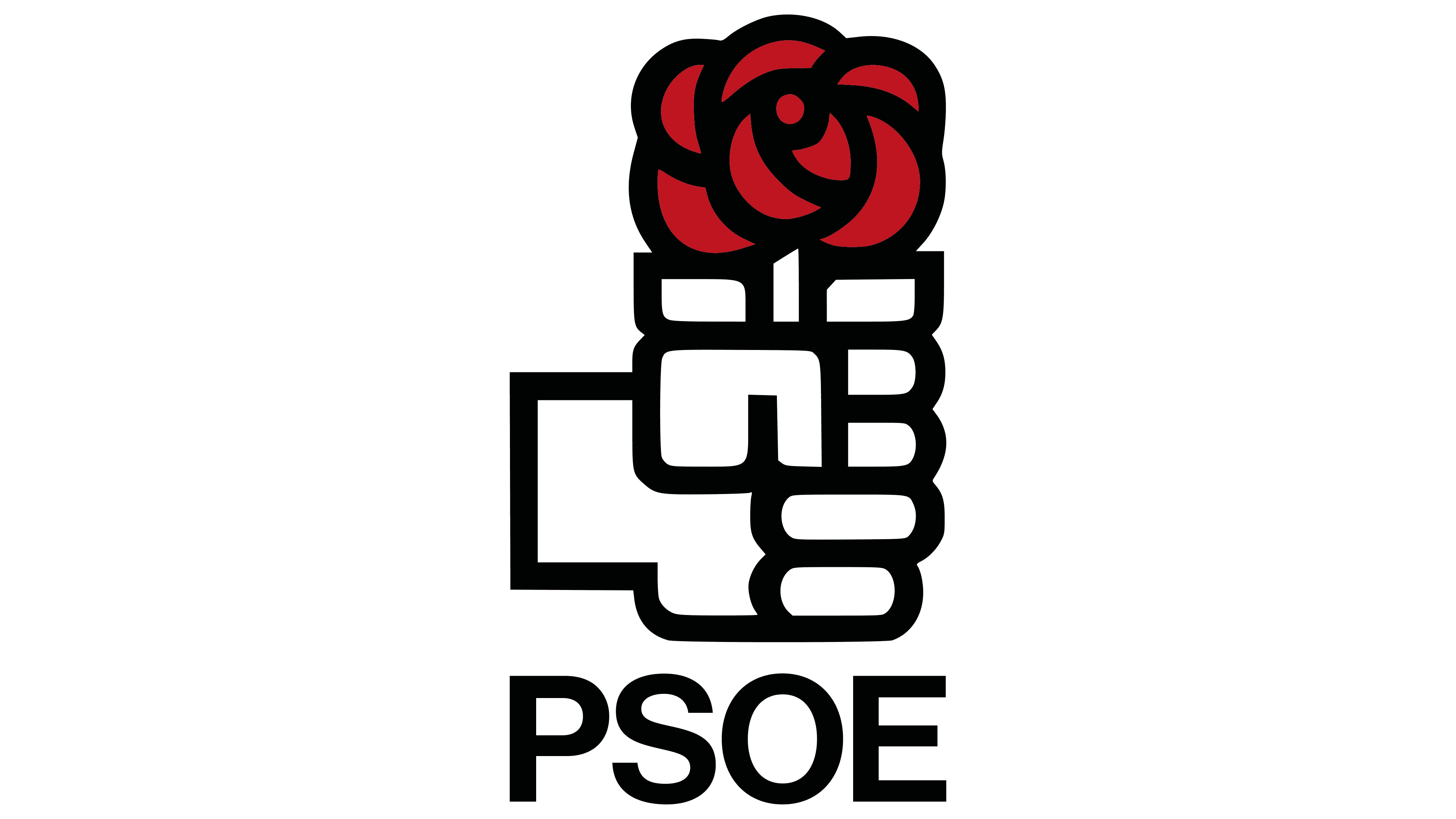When it comes to political movements in Spain, the Partido Socialista de Cataluña (PSC) stands out as a key player in shaping regional dynamics. For many, especially those interested in Spanish politics, Catalonia’s autonomy, or socialist values, understanding the PSC’s role is essential. This article dives into the origins, evolution, and present-day influence of the Partido Socialista de Cataluña, offering a clear and accessible overview for anyone looking to grasp its significance.
So, whether you’re a political observer, a student of European history, or just curious about how regional parties affect national policies, this piece will guide you through the main points you need to know about the PSC. Let’s break it down, starting with where it all began.
So you know, this isn’t just a dry history lesson—it’s about real people, real politics, and how a party’s identity can shift over time while still holding onto its core values. So let’s start with the basics: what is the Partido Socialista de Cataluña, and how did it come to be?
Table of Contents
- A Brief History of the PSC
- Ideology and Political Stance
- The PSC's Role in Catalonia’s Politics
- Current Leadership and Representation
- Challenges and Future Outlook
- Frequently Asked Questions
A Brief History of the Partido Socialista de Cataluña
The Partido Socialista de Cataluña was formed in 1978, shortly after the end of Francisco Franco’s dictatorship in Spain. It was created as the Catalan affiliate of the larger Spanish Socialist Workers' Party (PSOE). The PSC aimed to bring socialist ideals to Catalonia while respecting the region’s unique cultural and political identity.
So you know, Catalonia has long been a place of strong regional identity and, at times, calls for independence. The PSC positioned itself as a moderate alternative to more nationalist parties, advocating for a unified Spain while supporting Catalan autonomy and social justice.
Over the decades, the PSC has gone through various phases. In the 1980s and 1990s, it was a dominant force in local and regional politics. However, the rise of pro-independence movements in the 2010s challenged its influence. Despite this, the PSC remains a significant presence in Catalonia’s political landscape.
Ideology and Political Stance
The Partido Socialista de Cataluña aligns with the broader socialist movement in Spain and Europe. It supports progressive policies such as workers’ rights, environmental protection, and public services like education and healthcare. At the same time, the PSC promotes a pluralistic and inclusive vision for Catalonia.
So you see, the PSC doesn’t push for full independence. Instead, it supports a federal model where Catalonia maintains a high degree of self-rule within Spain. This stance often puts it at odds with more radical independence parties but also gives it a unique position in Catalan politics.
The PSC also places a strong emphasis on social cohesion, integration, and dialogue. It has worked with both Spanish and Catalan institutions to bridge divides and promote a sense of shared identity. So in a way, the PSC acts as a kind of political bridge between Catalonia and the rest of Spain.
The PSC's Role in Catalonia’s Politics
For many years, the PSC was the leading party in Catalonia. It held power in the regional government for a long time, especially during the late 20th century. However, in recent years, the political landscape in Catalonia has become more fragmented, with the rise of independence-focused parties and new left-wing movements.
So you can imagine, this shift has made things a bit harder for the PSC. Still, the party has managed to remain relevant, often playing a key role in forming coalitions or supporting regional agreements. It also holds important positions in local municipalities across Catalonia.
One of the PSC’s main goals is to act as a stabilizing force in a region that has seen a lot of political tension. It promotes negotiation and peaceful dialogue over confrontation. That’s why, even when it’s not in power, the PSC often influences the direction of regional politics through its alliances and policy proposals.
Current Leadership and Representation
As of now, the Partido Socialista de Cataluña is led by Salvador Illa, who took over in 2024. He previously served as Spain’s Minister of Health and is known for his pragmatic and moderate approach to politics. Under his leadership, the PSC has been working to regain public trust and reposition itself in the changing political climate of Catalonia.
So you know, the PSC currently holds seats in both the Spanish Congress and the Catalan Parliament. It also governs several major cities, including Terrassa and L’Hospitalet de Llobregat. These local successes are part of a broader strategy to rebuild influence from the ground up.
So in a way, the PSC is betting on steady, incremental progress. It’s not going for flashy headlines but rather focusing on practical governance and community engagement. This approach seems to be gaining some traction, especially among voters who feel caught between the extremes of independence and centralism.
Challenges and Future Outlook
The PSC faces several challenges. One of the biggest is competition from both the left and right. On the left, new parties like En Comú Podem have taken some of its traditional voter base. On the right, the rise of anti-independence parties like Vox and Ciudadanos has shifted the political tone.
So you might be wondering, how is the PSC responding? Well, the party is trying to modernize its message and reach younger voters. It’s focusing more on climate change, digital transformation, and social inclusion. It’s also working to rebuild trust after years of political instability in Catalonia.
Looking ahead, the PSC’s future will depend on its ability to adapt. If it can maintain its core values while updating its approach, it may well regain its position as a central force in Catalan politics. But it’s going to take time, effort, and a lot of conversation with the people it represents.
Frequently Asked Questions
What is the Partido Socialista de Cataluña?
The PSC is the Catalan branch of the Spanish Socialist Workers' Party (PSOE). It promotes socialist values and supports Catalan autonomy within a unified Spain.
Is the PSC pro-independence?
No, the PSC supports a federal model where Catalonia has significant self-rule but remains part of Spain.
Who is the current leader of the PSC?
Salvador Illa is the current leader of the Partido Socialista de Cataluña, having taken over in 2024.
Want to learn more about the political landscape in Catalonia? Learn more about the history of political parties in Spain here.
You can also explore more about the evolution of socialist movements across Europe by visiting this page.



Detail Author:
- Name : Magdalena Waelchi
- Username : blanda.albin
- Email : alberto18@yahoo.com
- Birthdate : 1970-05-03
- Address : 86687 Ara Common Suite 863 Hammeston, KY 17693-5379
- Phone : 248.815.5986
- Company : Kovacek and Sons
- Job : Radio Mechanic
- Bio : Dolore et voluptatibus error molestias soluta tempore repellat. Ut ea ut id tenetur ipsam dolore et aliquid. Doloremque est commodi rem ut.
Socials
twitter:
- url : https://twitter.com/ullrichm
- username : ullrichm
- bio : Deserunt et harum hic aspernatur placeat. Consequuntur perferendis pariatur soluta veniam magnam. Delectus aut vero voluptas inventore et.
- followers : 5539
- following : 1795
facebook:
- url : https://facebook.com/ullrich2024
- username : ullrich2024
- bio : Aliquid hic eaque harum sunt nostrum.
- followers : 5322
- following : 1585
linkedin:
- url : https://linkedin.com/in/maryullrich
- username : maryullrich
- bio : Natus dolores itaque nemo corrupti laboriosam.
- followers : 3938
- following : 1767
instagram:
- url : https://instagram.com/maryullrich
- username : maryullrich
- bio : Ab error sit dolor. Illo laborum numquam est quibusdam ullam optio. Amet id ut ut nobis.
- followers : 3497
- following : 1180

